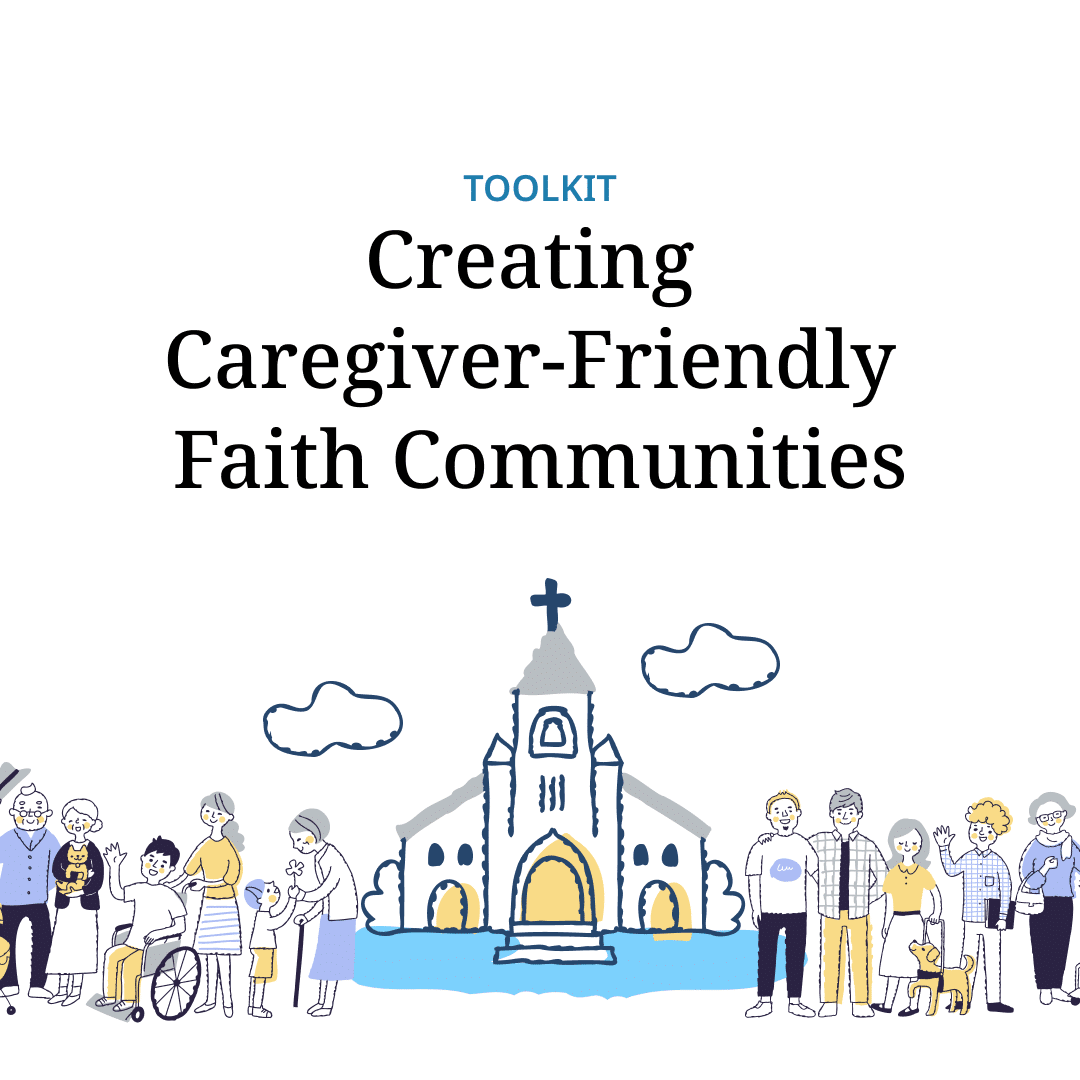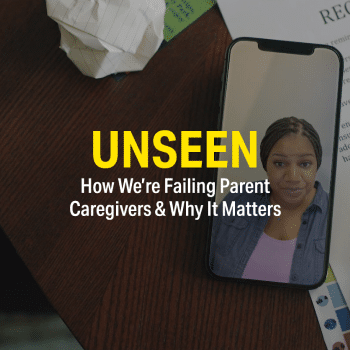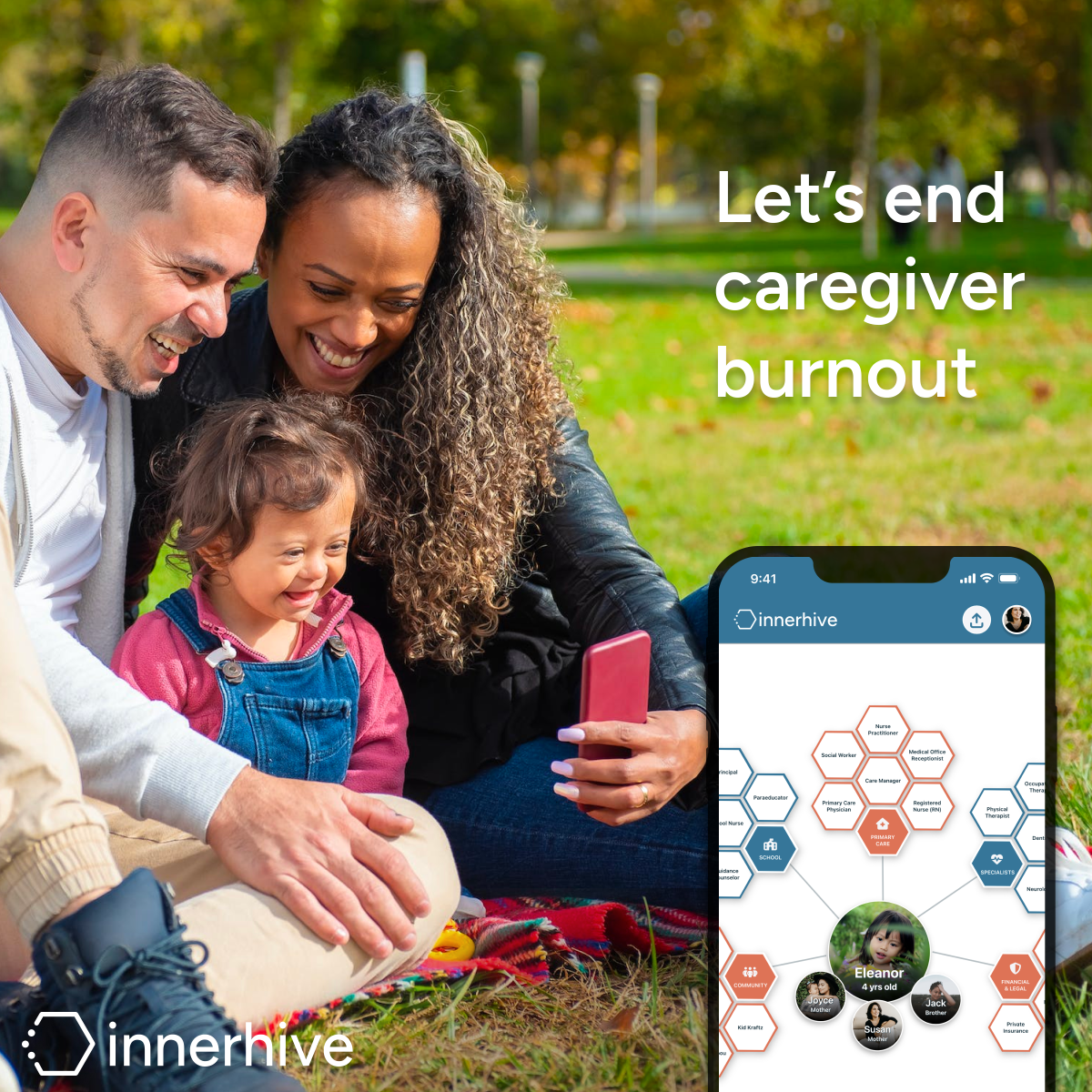
Explore the Caregiver-Friendly Churches Toolkit
Learn how faith communities can support caregivers by fostering a culture of care, accessibility, and practical assistance.
Caregiver-Friendly Faith Communities Toolkit
Presented by

Finding common ground with another person can feel intimidating, especially if you can’t easily relate to what they are going through. Luckily, there are a few general guiding principles:
Below is a list of some suggestions — provided by caregivers themselves — of helpful things to say, as well as phrases to avoid.
❌ I don’t know how you do it. / I could never do what you do.
❌ God won’t give you more than you can handle. / God only gives special kids to special people.
❌ God helps those who help themselves.
❌ You’re a superhero / saint / inspiration.
❌ Have you tried _______?
❌ Just have faith / It’ll get better. / Things could be worse. / At least it’s not _______.
❌ You poor thing. / What a shame.
❌ Let me know if you need anything. / What can I do for you?
❌ What’s wrong with your child? / Your child doesn’t look like they have _______. / I’ll pray for healing.
❌ At least you don’t have to go to work.
❌ Why don’t you take a break? / Don’t stress too much.
❌ You should practice self care. You should ask for help. / You should get a babysitter.
❌ You should _______.
✅ You’re doing a great job!
✅ I see what a loving and devoted caregiver you are.
✅ I’m happy to listen if you want to talk.
✅ Thank you for trusting me with this.
✅ I’m sure it’s hard to talk about.
✅ Tell me about your week. / What’s new with you?
✅ How are you doing…really?
✅ I just want you to know I’m thinking of you.
✅ Tell me about your [your loved one]. / What are their interests?
✅ I’m bringing over dinner tomorrow night.
✅ Can I come over with coffee this afternoon?
✅ I’m coming over to watch your kids while you rest or go out.
✅ I’m going to do _______ for you on _______.
Here are ways you can get started:

Learn how faith communities can support caregivers by fostering a culture of care, accessibility, and practical assistance.

The “Unseen” documentary gives an unfiltered, honest glimpse into the lives of caregivers and their families.

Spreading Sunshine brings joy to families impacted by childhood illness by sending care packages to children and providing support to the entire family.

Designed for families and care teams, the Innerhive app serves as a central hub of caregiving tools, resources, and community.

Sign up to get notified about upcoming screenings, new bonus content releases, and get a 10% off coupon for our mech store!